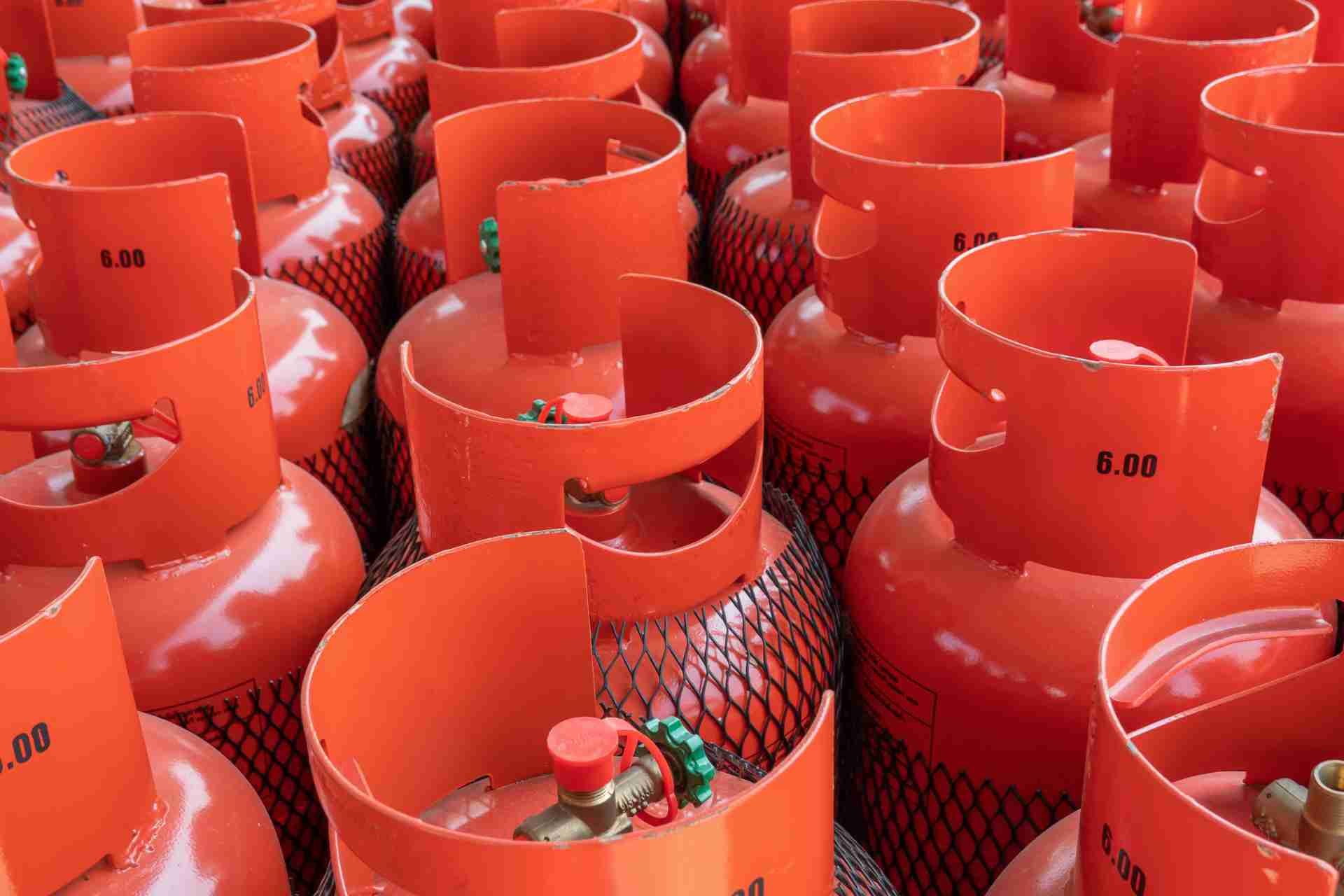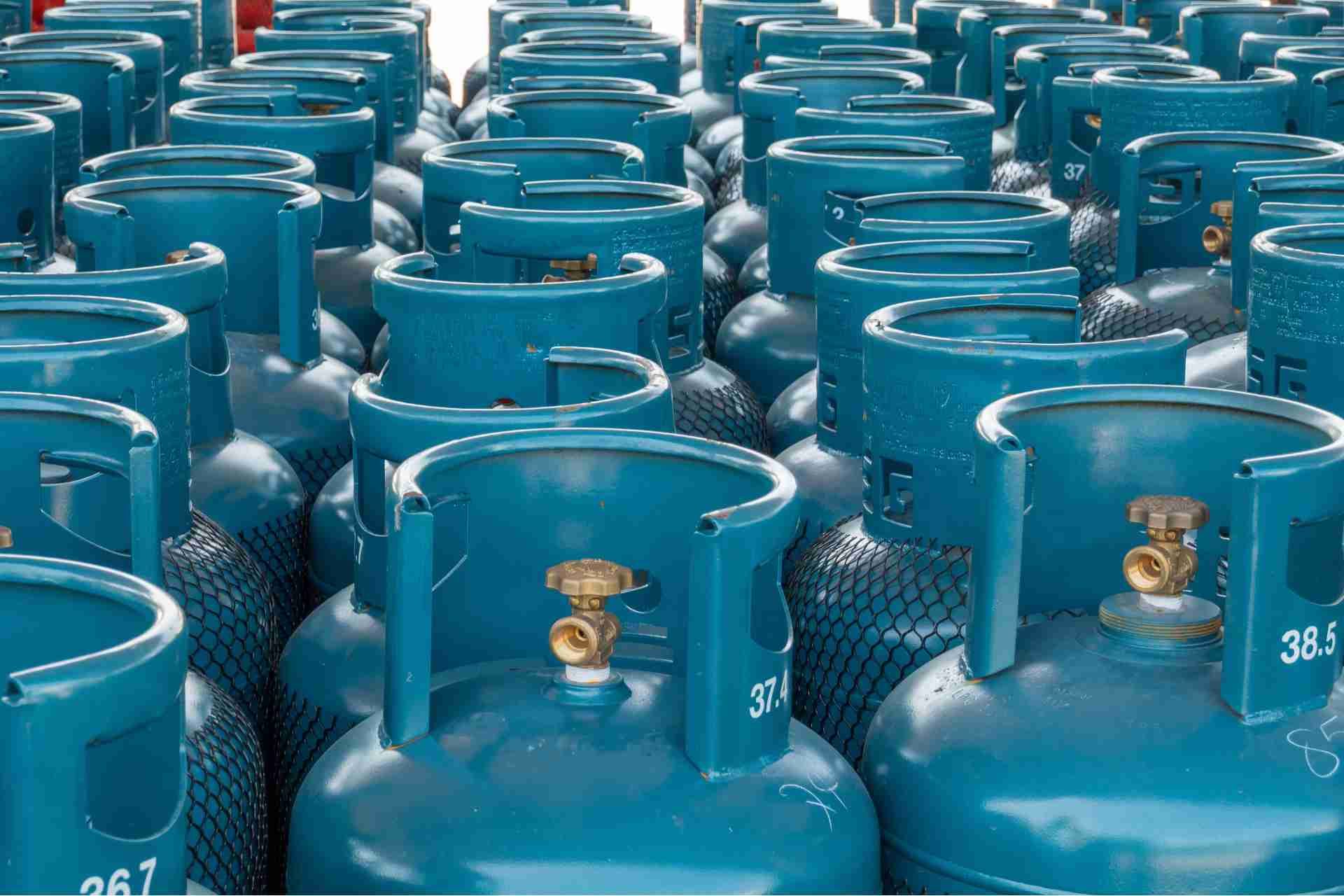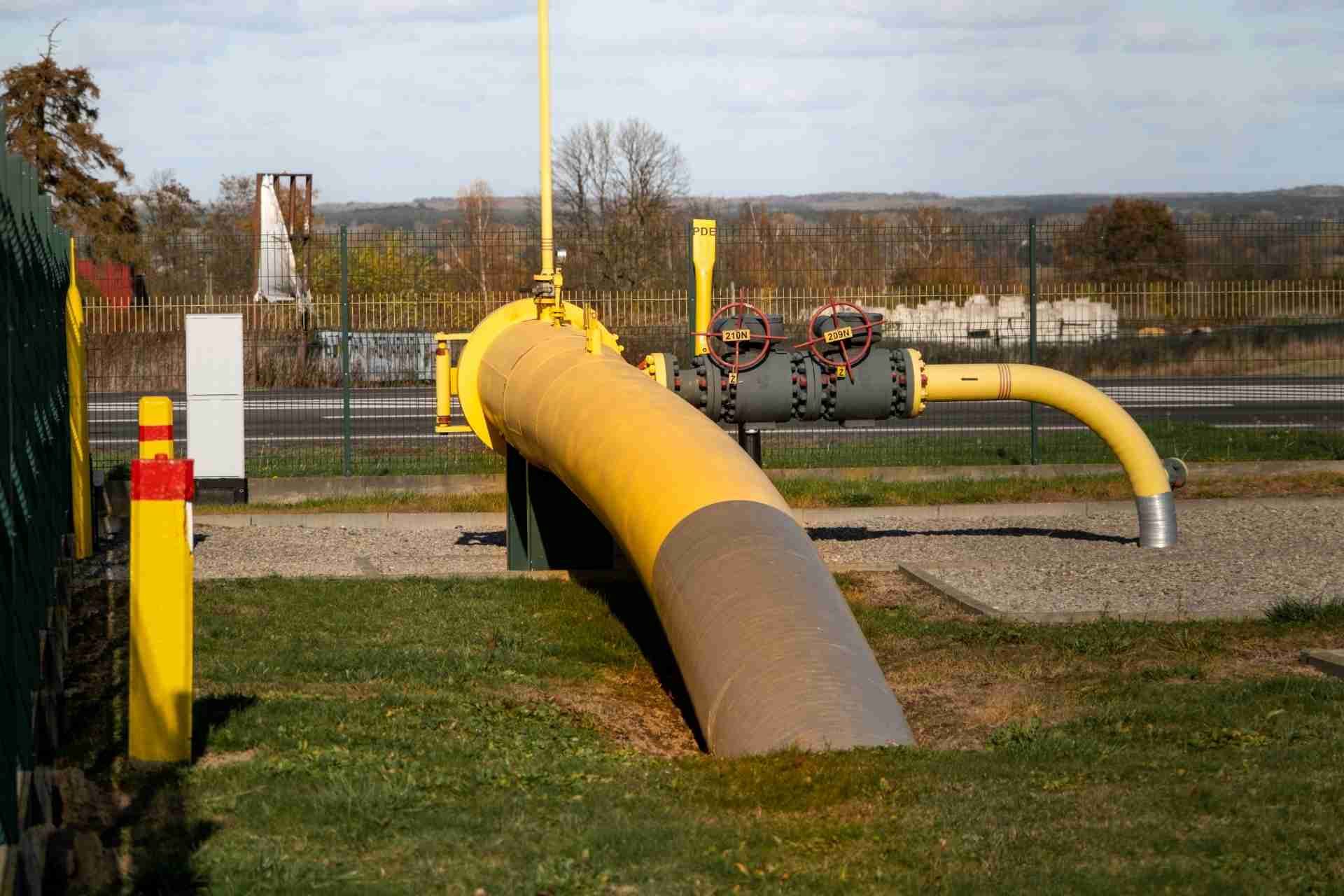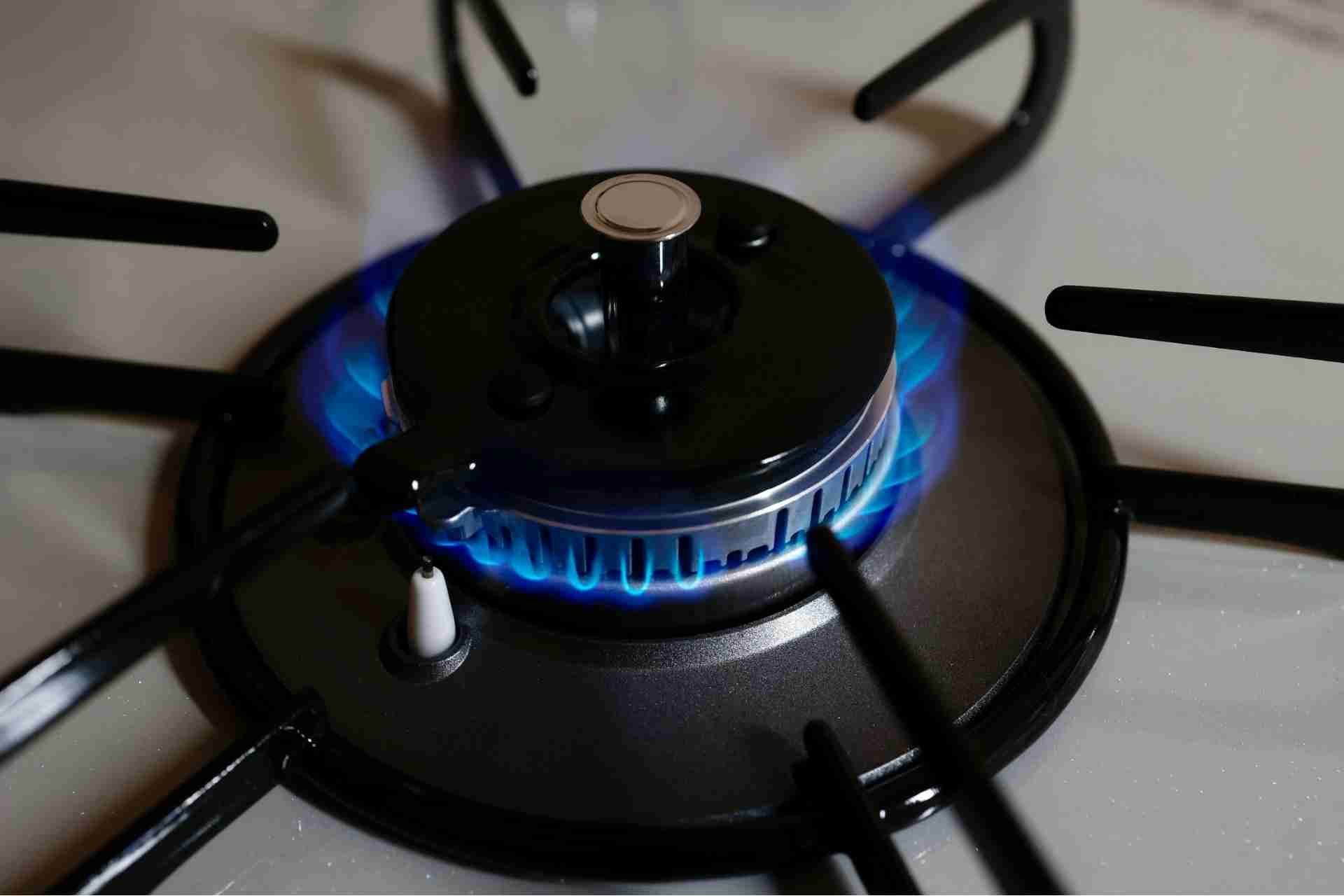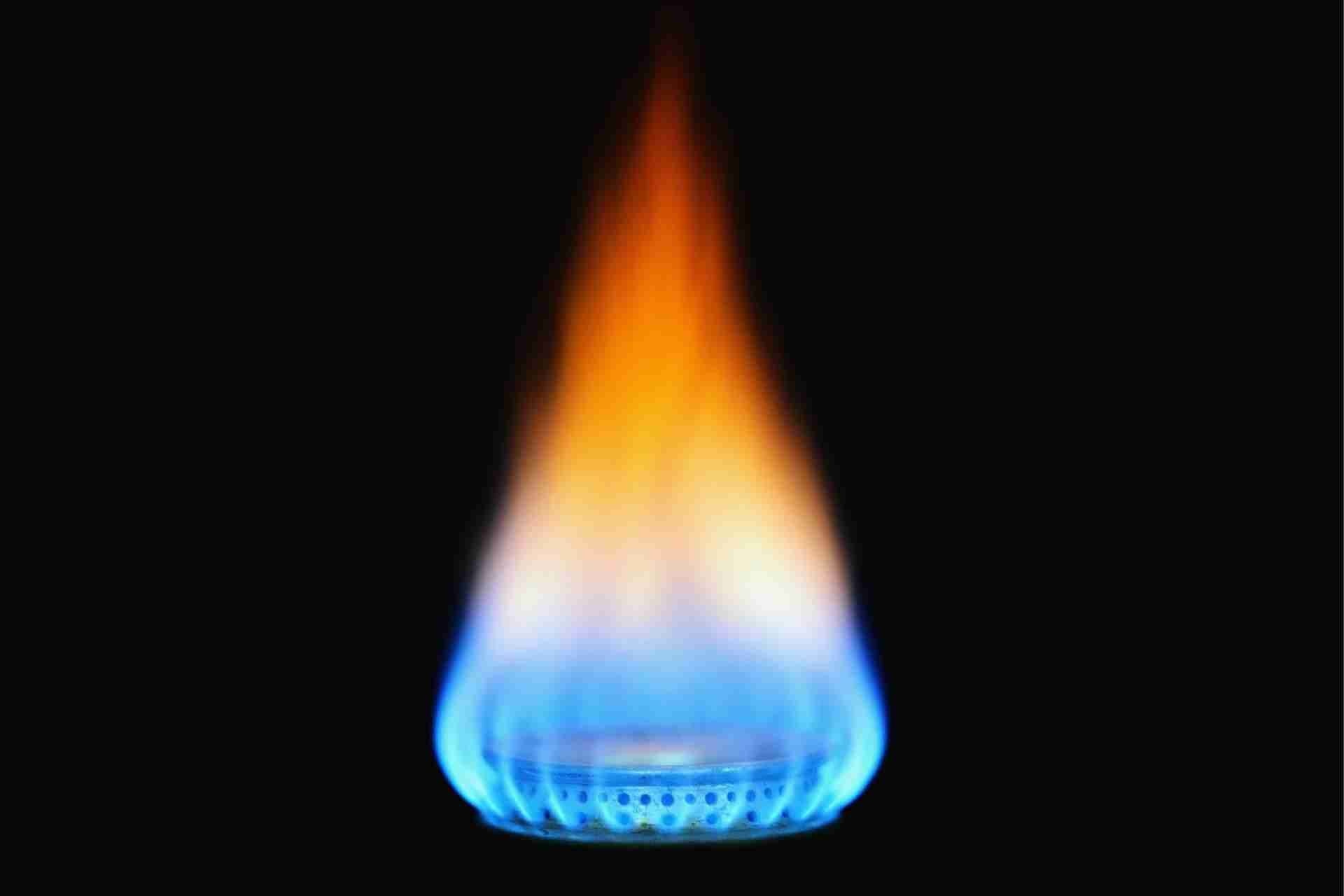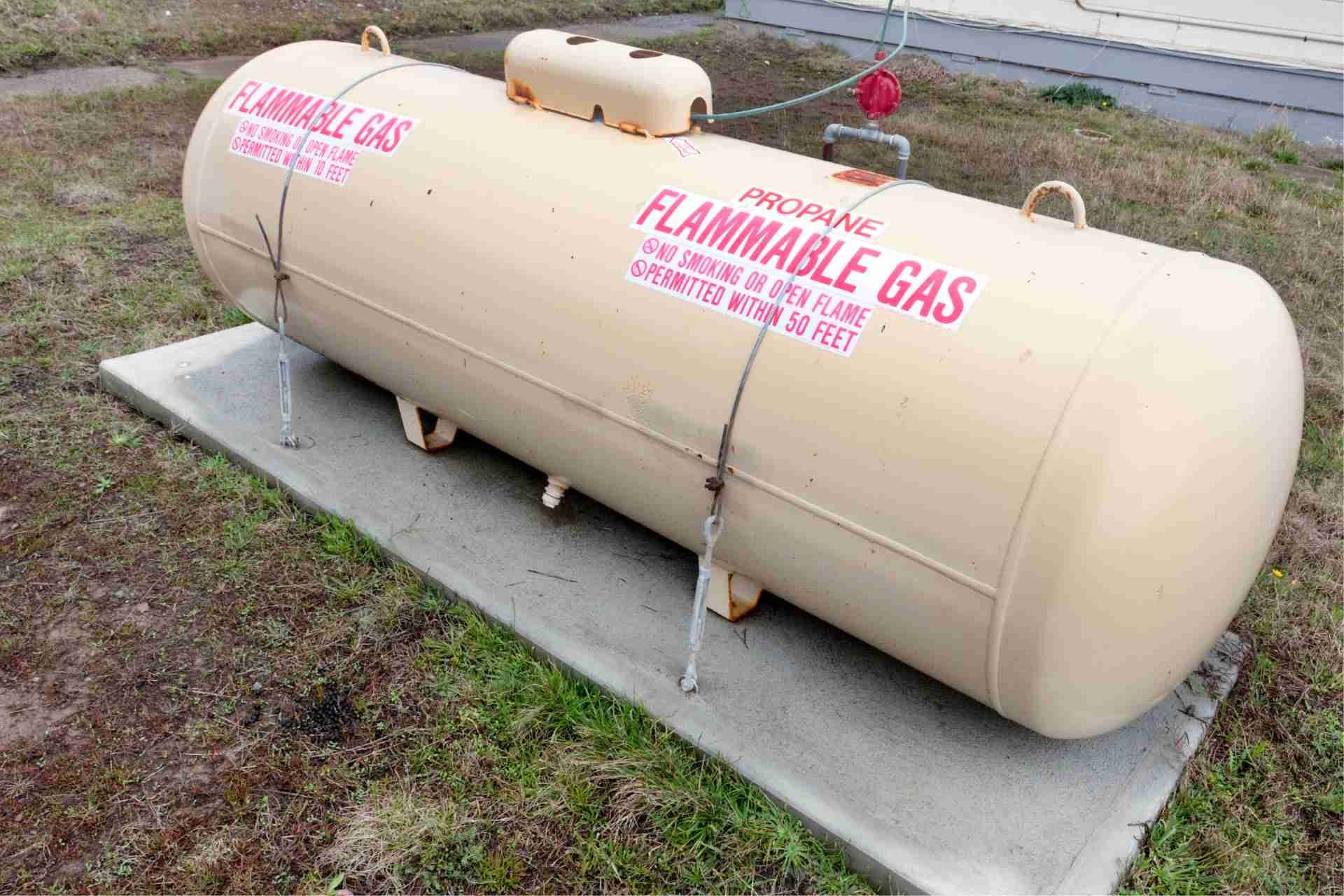Does the Price of Propane Fluctuate?
Propane is a commonly used fuel for heating homes, grilling, and powering certain appliances. Many people rely on propane to keep their homes warm during the winter months and to cook their favorite meals. However, one question that often comes up if does the price of propane fluctuate.
The short answer is yes, the price of propane does fluctuate. Just like any other commodity, the cost of propane is subject to supply and demand factors, as well as market conditions. There are several factors that can influence the price of propane.
Understanding the intricacies behind the fluctuations can shed light on this important matter and help you navigate the waves of pricing changes.
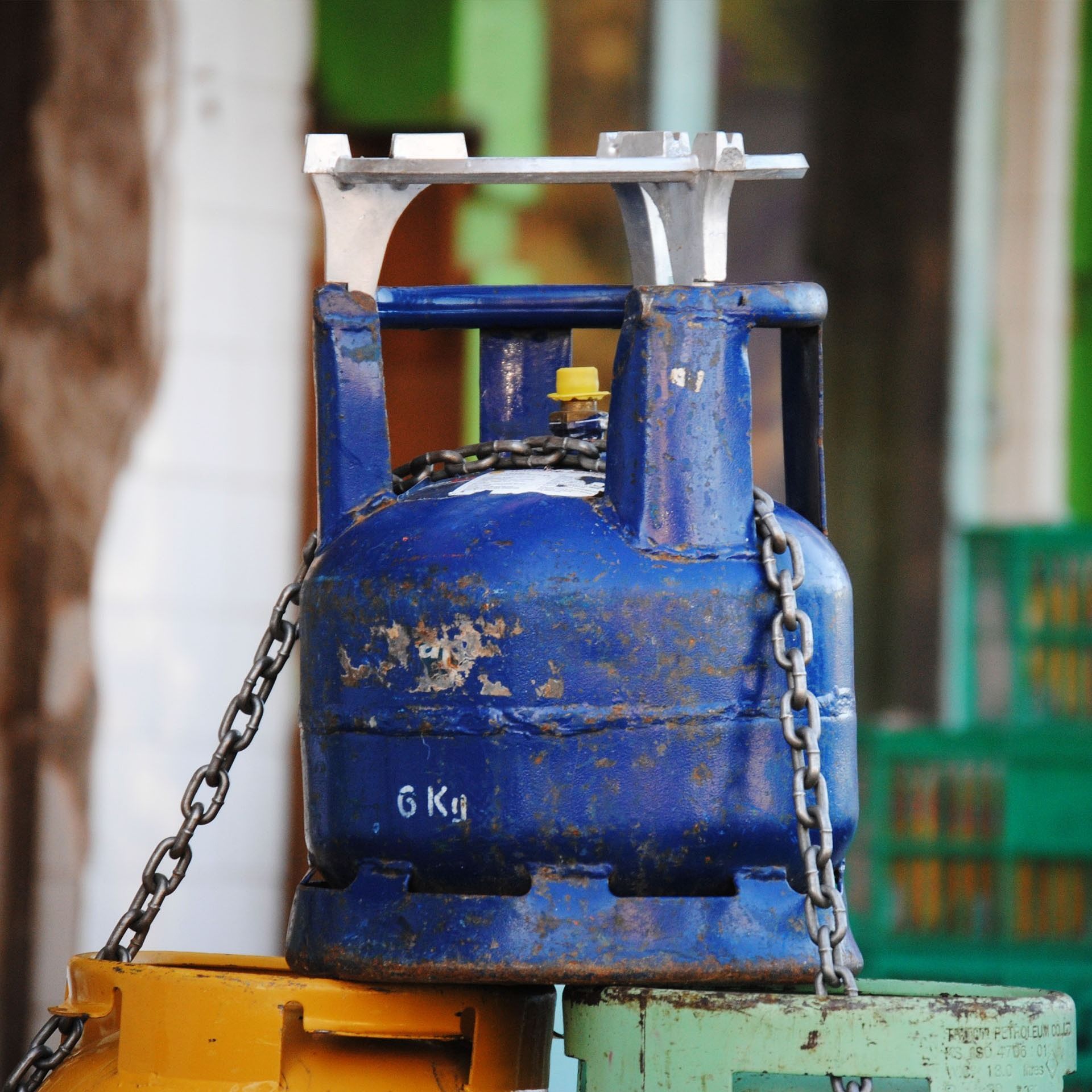
Supply and demand
Like any other fuel, the price of propane can be influenced by changes in supply and demand.
The price of propane is largely determined by the balance between supply and demand in the market. When the demand for propane is high and the supply is limited, prices tend to rise. Conversely, when demand is low and there is an abundance of supply, prices tend to fall.
There are a number of factors that can influence the supply and demand for propane. For example, extreme weather conditions such as a cold winter can increase the demand for propane for heating purposes, leading to higher prices. Similarly, disruptions in the supply chain, such as pipeline maintenance or refinery outages, can restrict the availability of propane and drive up prices.
On the other hand, increases in production or new sources of supply, such as the development of new shale gas reserves, can lead to an increase in the supply of propane and lower prices. Changes in government regulations or policies, such as subsidies for alternative fuels or emissions restrictions, can also impact the demand for propane and affect prices.
Overall, the price of propane is a reflection of the delicate balance between supply and demand in the market. As consumers, it is important to be aware of these factors and to monitor market trends in order to make informed decisions about when to buy propane and how to manage fuel costs.
Energy prices
Energy prices, particularly those of crude oil and natural gas, have a direct impact on the price of propane. This is because propane is a byproduct of both crude oil refining and natural gas processing. When the prices of these energy sources rise, the cost of producing propane also increases, leading to higher prices for consumers.
Other factors can also influence the price of propane. Supply and demand dynamics play a significant role, as fluctuations in production or disruptions in distribution can impact prices. Weather conditions can also impact the price of propane, as colder winters can lead to increased demand for heating fuel.
While the price of propane can be affected by a variety of factors, consumers can take steps to mitigate the impact on their wallets. Investing in energy-efficient appliances and practices can help to reduce overall energy consumption, leading to lower propane costs. Additionally, shopping around for the best prices and purchasing propane in bulk can help to save money in the long run.
Weather
Weather conditions play a significant role in determining the supply and demand for propane, which in turn impacts its price. Here are a few ways in which weather can influence the cost of propane:
Cold Weather: During the winter months, demand for propane tends to increase as households and businesses rely on it for heating. When the temperature drops, more propane is needed to keep homes warm, leading to a spike in demand. This can drive up prices, as suppliers struggle to keep up with the increased need for propane.
Storms and Natural Disasters: Severe weather events such as hurricanes, blizzards, or floods can disrupt the supply chain for propane. Damage to infrastructure, transportation routes, or production facilities can result in shortages, causing prices to soar.
High Temperatures: On the flip side, hot weather can also impact the price of propane. During the summer months, propane is used for cooling purposes in RVs, campers, and outdoor grills. When the temperatures rise, so does the demand for propane, leading to higher prices.
Crop Drying: Propane is also commonly used in agriculture for crop drying. If there is a particularly wet and rainy season, farmers may need more propane to dry their crops before harvesting. This can drive up demand and subsequently the price of propane.
Transportation costs
Transportation costs play a significant role in determining the final price of propane. Propane is typically produced at refineries and storage facilities and then transported to distribution centers and eventually to consumers. The cost of transporting propane can vary depending on the distance it needs to travel, the mode of transportation used (such as trucks or pipelines), and the current market conditions.
For example, if there is a shortage of propane in a particular region and suppliers need to transport propane from a distant location, transportation costs will likely increase. This increase in transportation costs can then be passed on to consumers in the form of higher prices for propane.
Historical Trends in Propane Prices
Fluctuations in propane prices over time reflect a dynamic interplay of various economic, environmental, and geopolitical factors. The historical trends in propane prices showcase the volatility inherent in the propane market. Pricing strategies employed by producers, influenced by factors such as supply and demand dynamics, weather patterns affecting distribution, and shifts in global energy markets, play a crucial role in determining the price of propane.
Looking back over the years, you can observe how the propane market has been subject to fluctuations due to both short-term factors like seasonal demand spikes during winter months and long-term trends such as changes in energy policies. Understanding the historical trends in propane prices can provide insights into how pricing strategies have evolved to adapt to market conditions. By analyzing past data on propane prices, you can gain a better understanding of the patterns that have shaped the market and the strategies that have been employed to navigate its fluctuations.
Understanding Price Fluctuations
To comprehend the underlying reasons for shifts in propane prices, examine the intricate web of interconnected factors influencing market dynamics. Market analysis plays a crucial role in understanding why propane prices fluctuate. Various elements such as supply and demand, geopolitical events, weather patterns, and production costs all contribute to the volatility in propane prices.
Consumer impact is another critical aspect affected by price fluctuations. When propane prices rise, consumers may experience higher costs for heating their homes, running appliances, or fueling their vehicles. This can put a strain on household budgets, leading to potential changes in consumption patterns. Conversely, when propane prices fall, consumers may benefit from cost savings, allowing for more disposable income or increased usage of propane-dependent services.
Buy Propane from your Trusted Dealer
When it comes to propane, price matters. That's why at Koopman & Sons Gas, we strive to offer the most competitive rates in the industry. By choosing us as your propane provider, you can save money on your energy bills each month. Our team is dedicated to helping you find the most cost-effective solution for your propane needs, whether you're looking to power your furnace, water heater, or cooking appliances.
